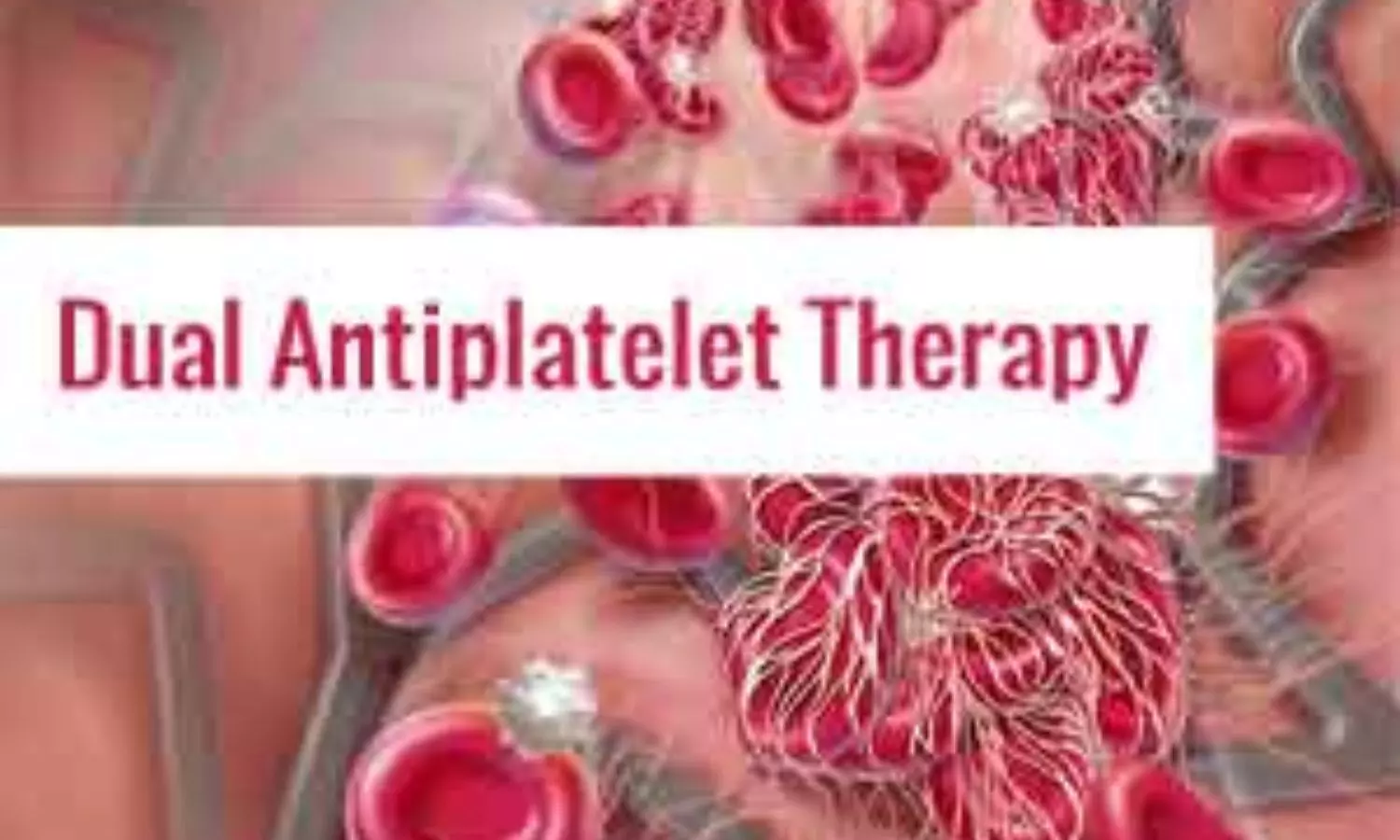Antiplatelet therapy type Has Minimal Impact on Outcomes After Valve-in-Valve TAVR: Study
- byDoctor News Daily Team
- 14 October, 2025
- 0 Comments
- 0 Mins

Researchers have found in a new study that among patients undergoing valve-in-valve transcatheter aortic procedures, antiplatelet therapy type Dual Versus Single, had little effect on major ischemic or bleeding outcomes at one year, though dual antiplatelet therapy (DAPT) may modestly reduce stroke risk. The study was published inJACC: Cardiovascular Interventionsby Francesco B. and colleagues. Valve-in-valve transcatheter aortic valve intervention (TAVI) is also more frequently utilized to treat failed surgical bioprosthetic valves in patients with severe aortic valve disease. Single antiplatelet therapy (SAPT) remains the standard post-TAVI regimen, but valve-in-valve procedures are at greater risk for thrombosis and embolic complications, this study was pursued as to whether DAPT would provide superior protection. This multicenter study aimed to elucidate if DAPT enhances one-year outcomes over SAPT in patients with valve-in-valve TAVI. There were 278 patients enrolled in this multicenter study who had undergone valve-in-valve TAVI in 10 centres participating in the study. The patients were randomized into two groups: those taking dual antiplatelet therapy (DAPT) and those taking single antiplatelet therapy (SAPT). Oral anticoagulant therapy patients were excluded to prevent confounding effects. Both clinical and echocardiographic results were measured during a one-year follow-up. A propensity score model was used to control for baseline imbalances, and inverse probability of treatment weighting (IPTW) was used to estimate hazard ratios (HRs) for the major outcomes. Major adverse cardiac and cerebrovascular events (MACCE), major bleeding, stroke, and all-cause mortality were primary endpoints. Secondary analysis compared structural valve deterioration. The outcomes revealed no statistically significant differences between the SAPT and DAPT groups regarding the composite rate of major adverse cardiac and cerebrovascular events (HR 0.499; 95% CI 0.182–1.371; P=0.178), major bleeding (HR 0.776; 95% CI 0.172–3.504; P=0.741), or mortality (HR 0.907; 95% CI 0.272–3.022; P=0.874). Yet, there was a significantly lower rate of stroke among DAPT-treated patients compared to SAPT-treated patients (HR 0.093; 95% CI 0.010–0.831; P=0.033), implying a neuroprotective effect. The frequencies of moderate or severe structural valve deterioration were infrequent and not statistically significantly different between the groups (1.9% vs 6.0%; P=0.161). The present multicenter study revealed that DAPT following valve-in-valve TAVI was linked to a significantly reduced one-year incidence of stroke when compared with SAPT, without a rise in the risks of bleeding, mortality, or valve deterioration. Thus, DAPT can be considered in patients with greater stroke risk, but this will require confirmation from larger randomized studies in this niche patient population on its optimal use and long-term effects. Bendandi, F., Palmerini, T., De Marco, F., Godino, C., Fraccaro, C., Barbanti, M., Biroli, M., Gaspardone, C., Gandolfo, C., Annibali, G., Costa, G., Rubboli, A., Tarantino, F. F., Moretti, C., Cavazza, C., Compagnone, M., Gennari, M., Cannata, S., Zimarino, M., … Saia, F. (2025). Dual versus single antiplatelet therapy after transcatheter aortic valve implantation for bioprosthetic valve failure. JACC. Cardiovascular Interventions.https://doi.org/10.1016/j.jcin.2025.09.018
Disclaimer: This website is designed for healthcare professionals and serves solely for informational purposes.
The content provided should not be interpreted as medical advice, diagnosis, treatment recommendations, prescriptions, or endorsements of specific medical practices. It is not a replacement for professional medical consultation or the expertise of a licensed healthcare provider.
Given the ever-evolving nature of medical science, we strive to keep our information accurate and up to date. However, we do not guarantee the completeness or accuracy of the content.
If you come across any inconsistencies, please reach out to us at
admin@doctornewsdaily.com.
We do not support or endorse medical opinions, treatments, or recommendations that contradict the advice of qualified healthcare professionals.
By using this website, you agree to our
Terms of Use,
Privacy Policy, and
Advertisement Policy.
For further details, please review our
Full Disclaimer.
Recent News
Air Pollution May Slow Infant Brain Development: S...
- 23 October, 2025
AI Outperforms Traditional Tools in Predicting Hea...
- 23 October, 2025
Nearly Half of Acute Pancreatitis Patients Develop...
- 23 October, 2025
Can Fat You Can’t See Put You at Risk for Stroke a...
- 23 October, 2025
Daily Newsletter
Get all the top stories from Blogs to keep track.


0 Comments
Post a comment
No comments yet. Be the first to comment!